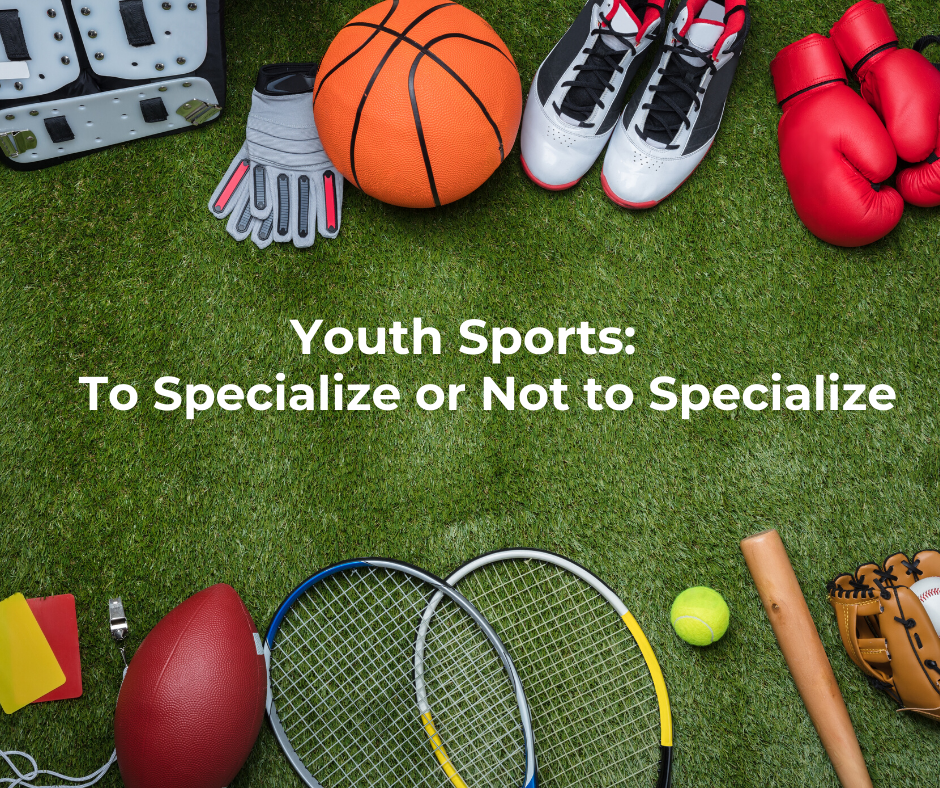Each October, the National Family Partnership (formerly the National Federation of Parents for Drug Free Youth) has a "Red Ribbon Campaign" to raise awareness about drug use amongst teens.
Addictions come in all shapes and sizes. Some are more sinister than others, cocaine verses chocolate for example. Some are more acceptable than others, consider addiction to work compared with addiction to pornography. But all come from being enslaved to the wrong master. Often we are unaware of the fact that we have been shackled until we try to break loose.
It is often said that “Satan does not play fair.” This is especially true of addiction. It can happen to anyone. No one ever decides to become an addict. However, nearly all of us are just two or three bad decisions away from becoming one. No one wakes up in the morning and says, “I want to be an addict.” However, lots of people wake up in the morning and say “I wish I wasn’t an addict, how did this happen to me?”
On a real practical level, one of the biggest problems for teens in today’s age is prescription drugs. Teens, athletics, and injuries go hand in hand. Many times, a teen is legitimately prescribed a necessary pain medicine to control pain after an injury or surgery, and sometimes the situation can accidently get out of hand. Local anesthesiologist and pain management expert Dr. Gladstone McDowell describes drug use as a slippery slope. He explains that teens may have developed a problem with narcotics if they run out of medicine, sell “extra” medications to friends, or steal medications from parents.
While narcotic pain relief is sometimes necessary, it's good for us to have heightened awareness of potential problems and plan in advance for avoiding them. Here are three practical things parents of teens can do…
Secure Medications at Home
Almost every residence has unused opioid pain medications sitting around, left over from a surgery, a broken bone or a dental procedure. If you save them, take them out of the medicine cabinet, count them, and then store them in a secure place.
There are probably a lot of your student’s friends in and out of the house, and even if you think your student would “never touch the stuff,” their friends might. It is not unusual for houseguests to go through medicine cabinets and help themselves to a pill or two. Those who struggle with such things don't really fit a profile, and the person who steals your medications may in fact be the friend you least suspect.
Talk
Keeping lines of communication open with your teen is paramount to your relationship and their overall well-being. If your student has to use opioid pain medicine, talk freely about the dangers of addiction and the importance of using the medicine only as prescribed. Students who talk to significant adults about substance abuse are far less likely to abuse substances.
Eat Dinner Together
It might sound strangely simple or irrelevant to the topic of drug abuse but families eating dinner together has a significant impact. Thus concludes a survey by CASAColumbia on the importance of family dinnertime. Not only does their research show a relationship between more frequent dinners with parents and decreased drug use, it also shows that the greater the frequency, the greater the drug prevention effects!
"Compared to teens who have frequent family dinners (5 to 7 per week), those who have infrequent family dinners (fewer than 3 per week) are almost 4 times likelier to use tobacco; more than twice as likely to use alcohol; 2 ½ times likelier to use marijuana; and almost 4 times likelier to say they expect to try drugs in the future, according to The Importance of Family Dinners VII, a new report from CASAColumbia at Columbia University (CASAColumbia)."
And just between us parents…the hardest thing we can ever hear is, "Hey, I think your kid has a problem." We parents have something wrong with our brains preventing us from embracing the possibility that our children could be using drugs or alcohol. The idea that they could be addicts is unthinkable. Yet, as I said earlier, Satan does not play fair. We parents often say, "I've never had any trouble with my child before." I think those were God's very words when He was told that Adam and Eve had eaten the fruit!
We all need to be open to what the Lord might be trying to show us. As we lean in to His voice, presence, and wisdom, and make sure to be aware of and intentional with our children, He will direct our paths.
/Logos/Horizontal%20Academic%20Logo%20for%20Light%20Backgrounds.png)
/Logos/Horizontal%20Academic%20Logo%20for%20Dark%20Backgrounds.png)



